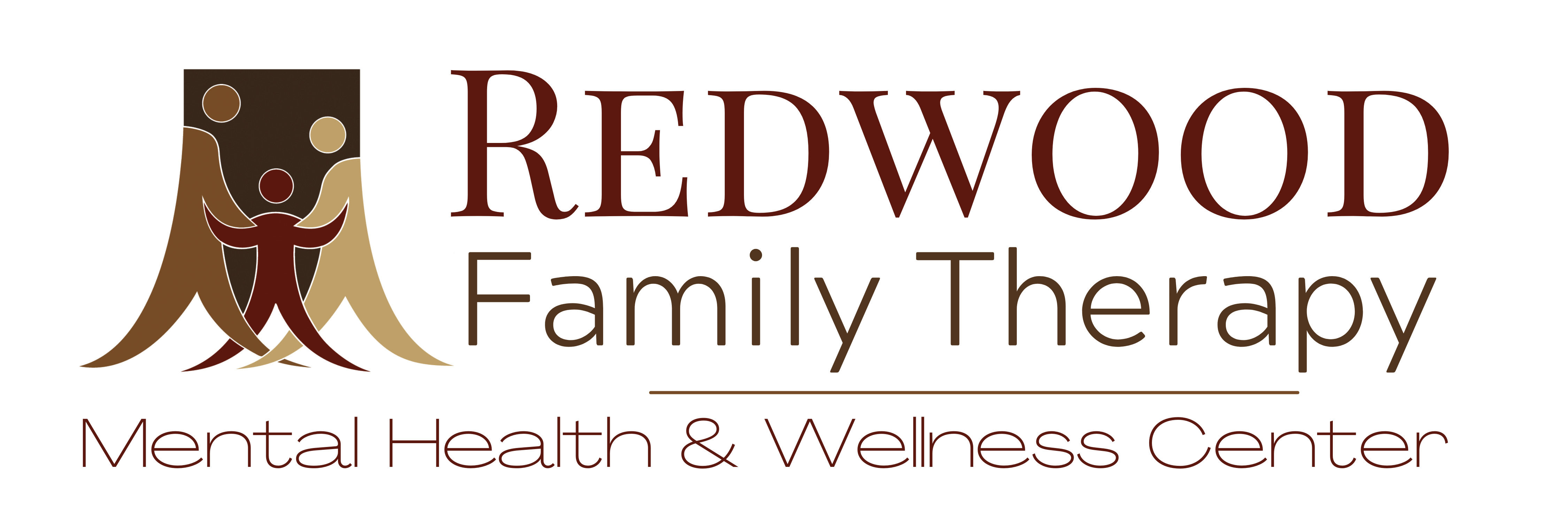How Does Unresolved Trauma Contribute to Anxiety and Depression?

Often when we think about the word “trauma”, we think of something deeply distressing, a disturbing experience, or a horrible injury. We don’t always associate it on a smaller scale and therefore don’t recognize the ways that traumatic events can continue to affect our daily lives.
As humans, our natural tendency is to avoid risk or pain. For this reason, we may choose to suppress or “numb out” uncomfortable feelings and/or avoid confronting threatening situations in our lives. When we do this, we shut down the ability to feel negative mood states, but this tactic also suppresses our ability to feel positive mood states. In essence, we can’t ignore the bad and still feel the good. It’s all or none. This can also affect our ability to feel a sense of connection or satisfaction in our relationships.
We are wired to make emotional connections and when we do, we are rewarded with the brain releasing “feel-good” chemicals like oxytocin and serotonin. These chemicals help balance our moods and increase our tolerance for distress and resilience. When we are in a numb state, we may find ourselves withdrawing from others. Whether we realize it or not, this action can fuel depression and anxiety. Our brain “punishes” us for withdrawing from others by releasing chemicals, like the stress hormone cortisol, which are damaging to our health and make us feel worse.
Grant Brenner makes a good argument for why it is important to acknowledge and process negative emotions in his article “How Suppressed Emotions Enter Our Dreams and Affect Health”(1). Malinowski did several studies on “dream rebound” which is when suppressed emotions play out in our dreams. The findings supported Brenner’s theory that suppressing negative emotions was associated with poor quality sleep, depression, anxiety, and a decrease in stress tolerance.
Letting yourself begin to feel the things that you’ve never before acknowledged or have been purposely avoiding can be overwhelming, scary, and even dangerous, but the benefits are worth it. Tian Dayton, founder of Relationship Trauma Repair, explains that when we process our feelings and work through troubling events, we’re not just looking at the negative feelings; we are also looking for hidden positive feelings that might also be taken from the experience(2). We are looking for hope, love, perseverance, courage, humor, strength, faith, forgiveness, resilience, moments of unexpected kindness or connection, love-affirming emotions, etc. that can reframe the meanings taken from the experience. Having a safe and trusted therapist there to help ground and guide you can give you the confidence, stamina, perspective, and belief you need in the healing process. The therapist can help you from shutting down or numbing out by teaching you how to process these emotional traumas with self-regulation. As you practice this skill, you will increase your tolerance and competence in knowing how to handle your uncomfortable feelings. This will allow you to process things on your own.
When we heal from trauma, we shift from a survival stance (freeze, fight, flee, fawn) to a thriving stance. We help the primitive brain wake up and start working with the thinking brain so we can talk out, instead of act out, our impulses and needs. We learn how to process and release emotions instead of numb out or use avoidance tactics. Through being willing to feel the pain, we get back to a place where we can reconnect to the world we live in and feel joy.
1 https://www.psychologytoday.com/us/blog/experimentations/201801/how-suppressed-emotions-enter-our-dreams-and-affect-health
2 Dayton, Tian (2011). Relationship Trauma Repair.
